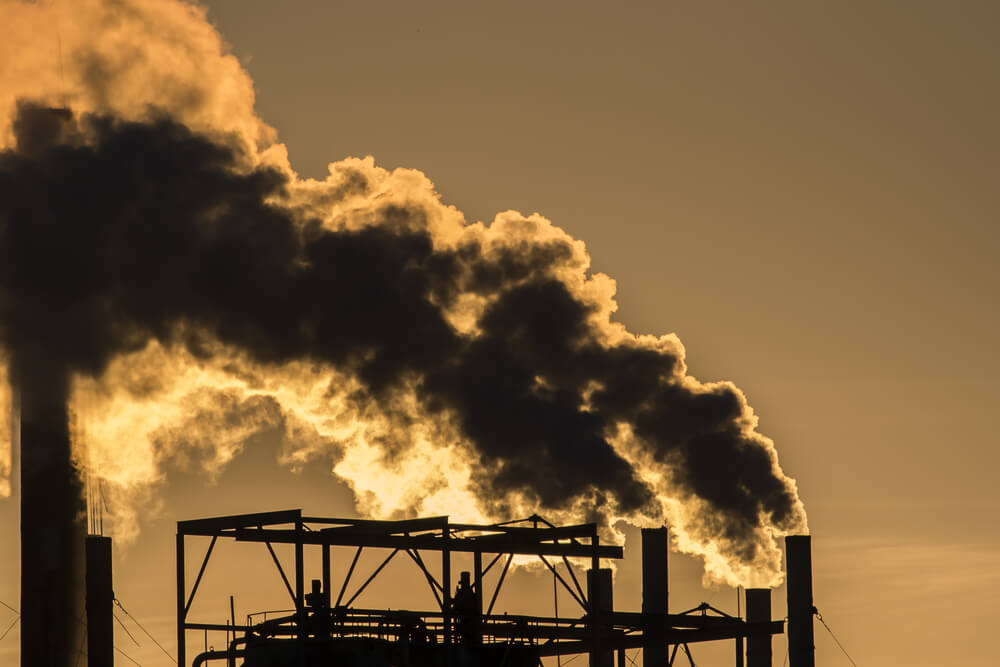The horror of the Texas electricity catastrophe should chill the whole country. Nothing strikes at the survivability of a modern society more than the failure of its power supply, maybe nothing at all.
When the power supply fails, the failure of human life is not far behind. Yet, at a time when we should expect a united front to help Texas and other affected Southern states, petty and unbecoming point-scoring is in full swing.
The power supply collapse in Texas was caused by extreme and aberrant cold weather, freezing the electric generators. The system wasn’t designed to withstand what occurred — and what may occur elsewhere in a time of new and terrifying instability in the world’s weather systems.
Coal plants froze, gas lines froze, a nuclear plant froze, solar panels froze, wind turbines froze, and Texans faced their greatest crisis in generations: terrible cold without heat and without water in some locations.
Lives were lost from freezing to death and from carbon monoxide poisoning as people struggled to create warmth by running cars, charcoal grills, and backup generators in confined spaces, and from the inability, with ice-packed roads, to get to hospitals or even to a warming center.
Others will die because they crowded together for warmth and inadvertently spread or got the COVID-19 virus.
The situation for livestock is one of suffering and death. Horses, pigs, cattle, and chickens aren’t getting fed or watered. Death abounds as farmers despair.
The sad response to tragedy has been to blame. Blame the wind turbines, blame the individual power companies, blame the Electric Reliability Council of Texas (ERCOT) which manages the Texas grid, and blame the Texas grid itself.
Texas prides itself on having a self-contained grid with little major interconnection to the national grid. This is political. Texas didn’t want to be subject to the Federal Power Commission and its successor agency the Federal Energy Regulatory Commission (FERC). It opted to be independent; it kept its electricity out of interstate commerce.
What that has meant in this crisis is that there is no way for other states to ship power to Texas, even if there is power to spare.
Now that the terrible price of electric failure is painted in awful detail before the nation, the Biden administration should act quickly to find out what has happened and to what extent the rest of the nation is vulnerable.
Vulnerable not only to weather that has gone wild, but also to other dangers to the grid, like the ever-present cybersecurity threat. And vulnerable to the related but separate threat to operating systems from spyware buried in Chinese bulk power systems, which make up most of the big grid installations, like transformers and turbines. Ignored voices have been sounding this alarm. They need to be heard.
The Texas crisis unfolded at a time when the U.S. electric industry has been under strain as it seeks to decarbonize and to accommodate more wind and solar energy, and as it searches for technologies to store electricity, like batteries with long drawdown times and hydrogen made when there is surplus supply.
The utilities are also being digitized, data-driven in every way, from sensors that tell second by second the condition of generating units, like an individual wind turbine, to a sophisticated use of private wireless broadband networks which can report within two seconds a line failure and de-energize it, to early warning of incipient failures in the system. Microgrids, which tie together alternative energy sources in mini-networks, also need to be data-managed as the wind changes and the sun moves.
The people of Texas and elsewhere in the South have been forced to shelter like animals without warmth, food, and water, in abject, life-threatening misery. That is a future to be avoided for other parts of the nation.
Texans deserve more than a brainless blame game.
The Biden administration should establish a nonpolitical commission to tell us what went wrong and to make sure we are secure in our electric supply.
If it were ever doubted, life without electricity for a few weeks would mean the end of life for all but survivalists here and there.
Hold the blame, get the facts, take the action.

 Follow
Follow
Yes Llewelyn you are right, no electricity, no life – no ATM’s, no refrigerators, no water because the pumps would not be operable among other things, no heat, no lights, no internet-you name it and we wouldn’t have it. It’s scary.
I rather think that it is simplistic, to broad brush each of the sources of energy and their short-comings in exactly the same way that you have written, each one failed differently because of their own unique orientation and inabilities as well as externalities to some where not to others. I agree the weather played a role but in not equal injury but in some contrast more than comparisons. Nuclear was by far the least impacted in that a sensor on a switch was impacted by the cold, that’s it, nothing to do with the core side of the reactor, all secondary. In fact without nuclear running the way it did, more people would have likely died. Wind and solar are not expected to perform and they didn’t But when that is coupled with the failure of natgas it becomes deadly as demand far exceeds supply!
So please try to make an effort to separate the failures and the degree of each.
Than you!